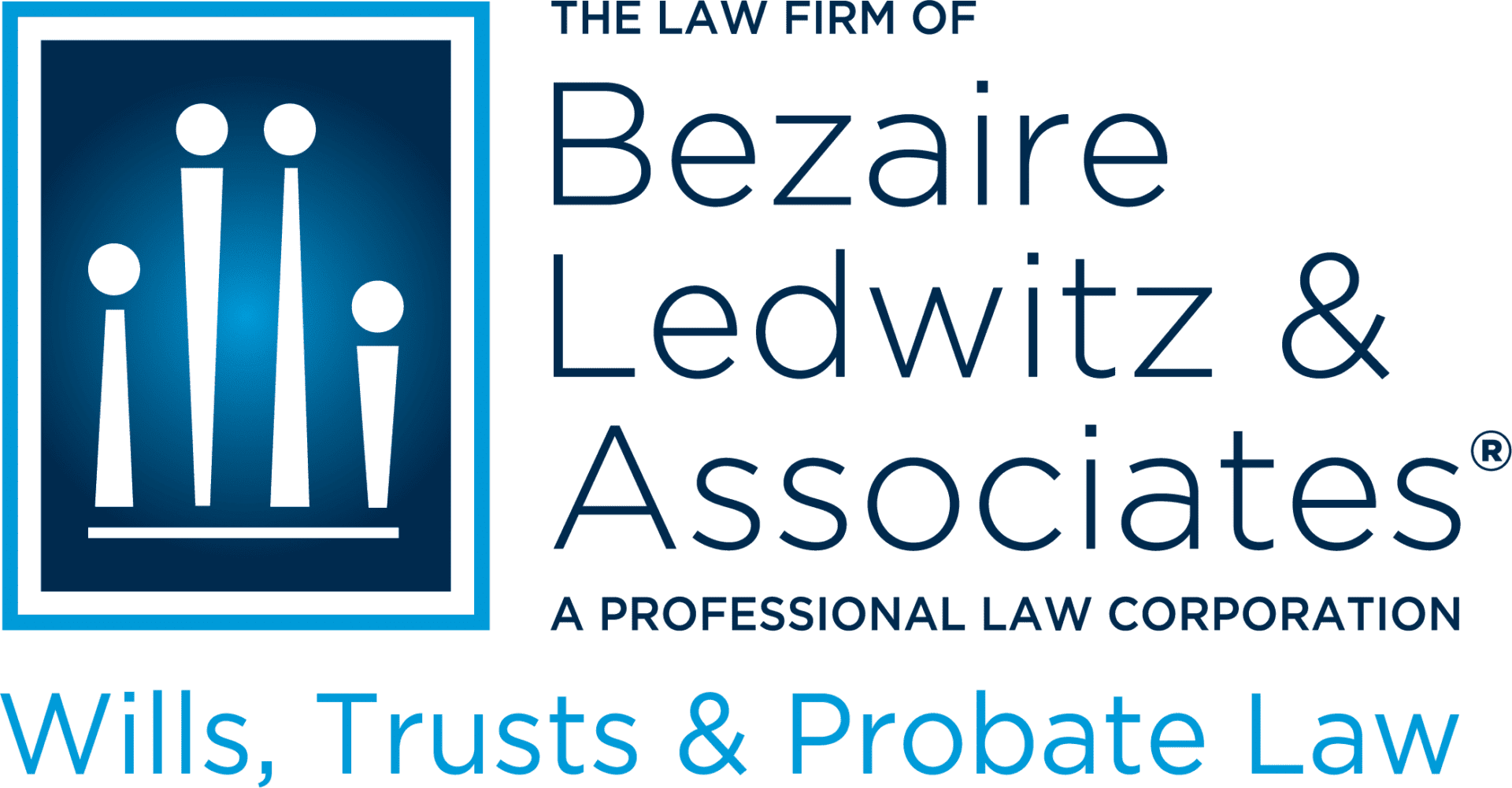 View Winners →
View Winners → 
By Shel Segal
Let’s face it: Most of the general public is not what would be considered rich. But have you ever wondered how you would manage your money and your estate if you were a gazillionaire?
Longtime estate planning attorney Samuel B. Ledwitz has. And he has some good financial tips in case the net worth of your estate grows quickly and excessively.
First of all, the rich have to think about estate taxes way more than anyone else. And for good reason, said Ledwitz, president and managing partner of estate planning law firm The Law Firm of Bezaire, Ledwitz & Associates.
“(The wealthy) have to worry about death tax more than the rest of us,” he said. “The exemption is just above $12 million per person. A husband and wife have that times two. If you die and your estate is less than $12 million, your estate does not get taxed.”
But what are the taxes on that kind of money?
“So, if you’re a married couple with an estate of more than $24 million, you might be worried,” Ledwitz said. “The tax rate is 40 percent. But the rich folks aren’t stupid. They figure out how to get that bill reduced or even eliminated. And there are ways.”
The first way to deal with this problem, Ledwitz said, is if you own property, which is something most wealthy people do.
“For example, if they have rental properties, they’ll create LLCs, which is short for limited liability companies,” he said. “A lot of people use LLCs for asset protection. But you can also do it for an estate value reduction. Basically, if you put your rental properties in an LLC it will devalue the property by 35 percent for IRS purposes.”
And why is this important?
“So, for every $1 million you put into the LLC, it loses $350,000 of value,” he added. “And at 40 percent, that’s saving you $140,000 in death tax per $1 million. It is possible to bring down the value of your estate quite quickly and save hundreds of thousands of dollars in taxes. There are strategies.”
One of those strategies is for people who want to give away their estate to charity, but still be personally benefitting from the estate while still alive, Ledwitz said.
“If you have a person who loves charity, you can get some current benefit while they’re alive and reduce their estate when they die,” he said. “You can set up a charitable remainder trust. The person can pick which charity or charities the estate would go to. The charity gets highly appreciated stock. And the person gets a write-off while they’re alive. And, of course, the remainder goes to the charity when they’ve died.”
And while this doesn’t directly affect the decedent’s heirs, there are things that can be done through this method that will help the family financially.
“Now, it doesn’t go to your family heirs,” he said. “But with that tax savings, you turn around and buy a life insurance policy. You’ve taken taxable money and made it non-taxable. The reason why you made it non-taxable is you just put it in an irrevocable life insurance trust. That money then goes to your kids.
“The beautiful thing is we took an asset that would have had a tax on it and gave it to charity and then got another asset in exchange that goes to your kids with no tax.”
Ledwitz added life insurance is a really good way to get cash in the hands of your family members when they might really need it without spending a ton to get it.
“The really cool thing about life insurance is that $1 million does not cost $1 million,” he said. “There’s always a way to leverage how much you’re purchasing to get more money. For example, if you’re someone who hates paying premiums, you can take a loan out on your rental properties and pay for the life insurance premium.”
He also said life insurance can come in handy to help pay bills right after your death, which is often a time when heirs are unsure about what needs to be paid and when.
“Life insurance is also important for your kids,” Ledwitz said. “Estate tax is owed in the first nine months from the date of death. If your kids, let’s say, don’t have enough money to keep your rental properties going and have to sell them in distress, possibly for a lot less than they’re worth, the money from a life insurance policy will help keep everything running smoothly until your kids can figure out what to do next.”
If you think you’re not rich enough for any of these scenarios, Ledwitz said think again. You might be before you know it due to certain current market forces and conditions.
“The need to do a lot of this will increase in the near future,” he said. “We have a bit of inflation. Real estate prices are going up. If you think you’re currently safe, very shortly you won’t be safe. You got to be doing this early.”
And on a final note, Ledwitz said there is one good thing about having your estate in California.
“In California, there is no inheritance tax,” he said. “Inheritance tax is a tax on the receiver of the inherited funds. Estate tax is basically a tax on the guy who died. In some states, there’s a tax on both ends of the transaction.”

If you would like to discuss any aspect of a proper Estate Plan, please phone The Law Firm of Bezaire, Ledwitz & Associates at (626) 398-0100 or log onto www.SmartEstatePlans.com.







































































































